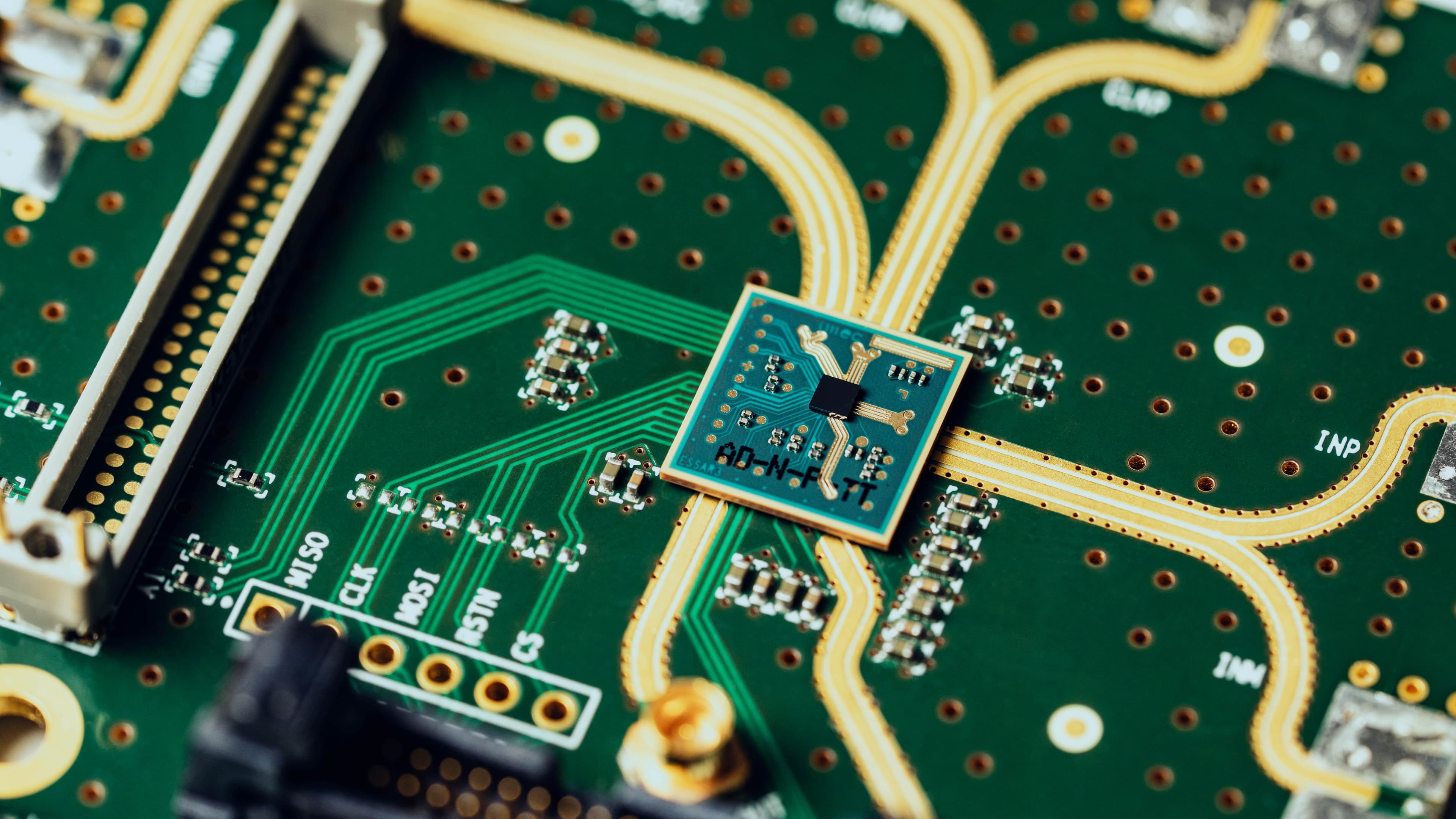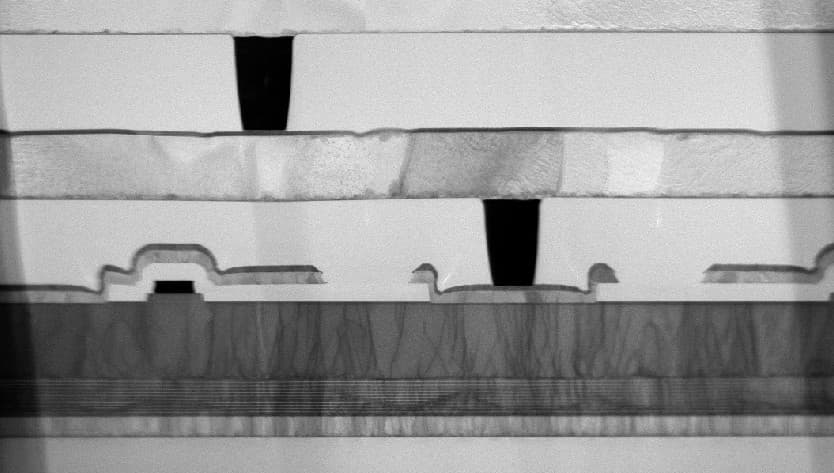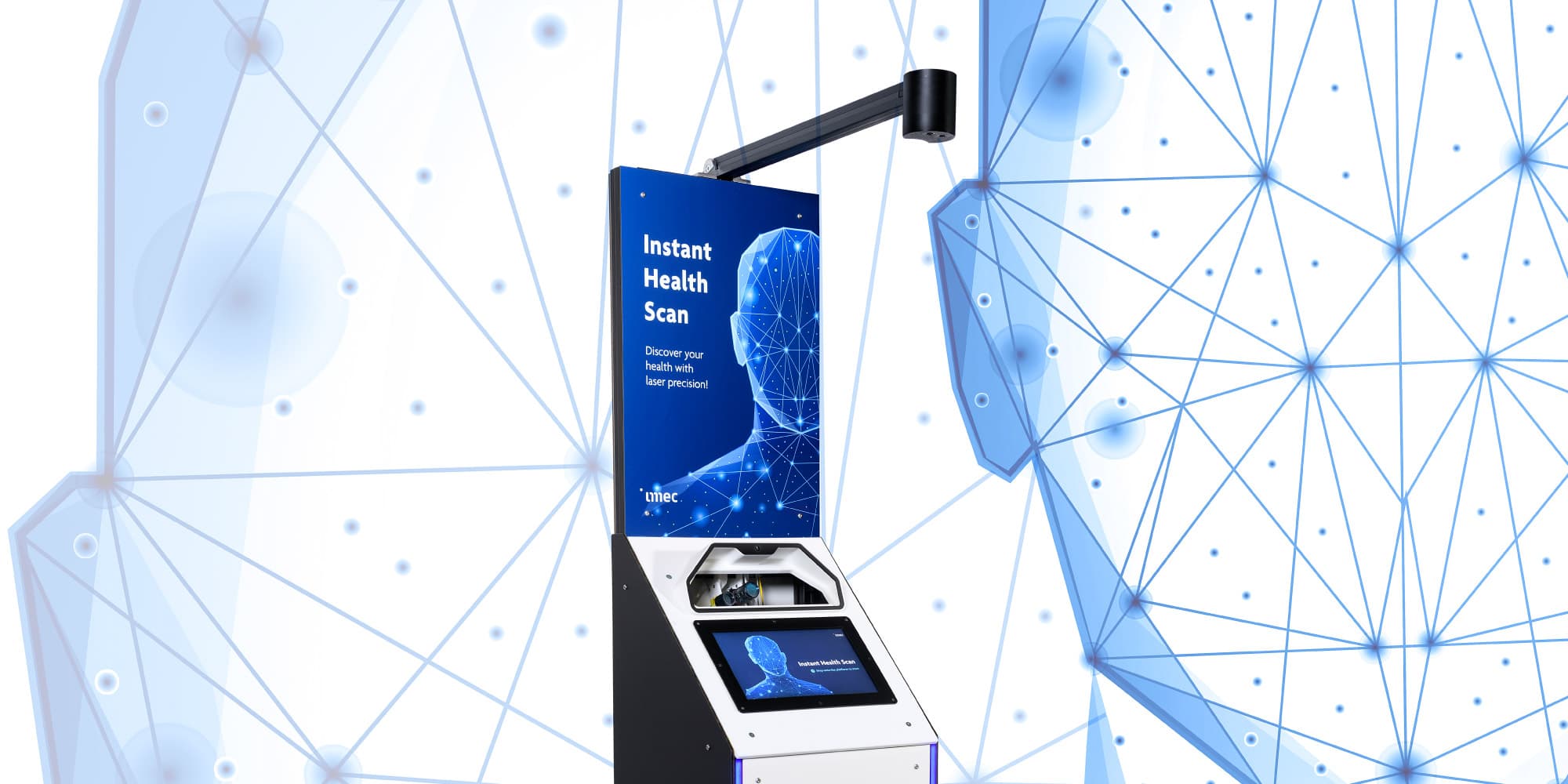Led by Tyndall National Institute in Ireland, the €4.7 million European Union ASCENT programme provides access to the European nanoelectronics network, and has delivered 100 projects to researchers from 30 countries across the global research community over the last four years. ASCENT has built a community of over 400 researchers from the nanoelectronics modelling and characterisation research community and has provided free-of-charge access to the unique research infrastructure and expertise in three of Europe’s premier research centres.
ASCENT opened the doors to the world’s most advanced nanoelectronics infrastructures in Europe in May 2015, when leading European nanoelectronics institutes, Tyndall National Institute in Ireland, CEA-Leti in France and imec in Belgium, entered into this collaborative open-access project to mobilise European research capabilities like never before. Concluding at the end of July 2019, the programme has supported a total of 100 projects from transnational researchers involving customised nanofabrication, a broad range of nano-visualisation and electrical/physical characterisation projects as well as the provision of test wafers, from both imec and CEA-Leti, containing the very latest advanced nano-device technologies.
During the course of the programme ASCENT shared the best scientific and technological practices, formed a knowledge-innovation hub, trained new researchers in advanced methodologies and established a unique research network of advanced technology designers, modellers and manufacturers in Europe. All this helped to strengthen Europe’s knowledge in the integral area of nanoelectronics research.
Julie Donnelly, Programme Manager, Tyndall National Institute said: “The three partners each provided researchers with a unique opportunity to access advanced device data, test chips, fabrication facilities and characterisation equipment at Tyndall, imec and CEA-Leti. This enabled the research community to explore exciting new developments in industry and meet the challenges created in an ever-evolving and demanding digital world. During the programme we undertook an extensive promotion campaign including a series of workshops and a dedicated accelerator programme for PhD students in order to reach as many researchers as possible. The feedback from the users was always very positive and they valued the opportunity to have rapid free-of-charge access to our facilities and collaborate with our experts.”
The partners’ respective facilities are truly world-class, representing over €2 billion of combined research infrastructure with unique credentials in advanced semiconductor processing, nanofabrication, heterogeneous and 3D integration, electrical characterisation and atomistic and TCAD modelling. This is the first time that access to these state-of-the-art devices and test structures became available anywhere in the world.
The project engages industry directly through an ‘Industry Innovation Committee’ and fed back the results of the open research to device manufacturers, giving them crucial information to improve the next generation of electronic devices.
This project received funding from the European Union’s Horizon 2020 research and innovation programme under Grant Agreement No. 654384
For more information, please contact:
Niamh Hennessy, Healy Communications, 0863110156
About Tyndall National Institute
Tyndall is a leading European research centre in integrated ICT (Information and Communications Technology) materials, devices and systems. It is one of Ireland’s five National Labs, specialising in both electronics and photonics. Tyndall works with industry and academia to transform research into products in its core market areas of electronics, communications, energy, health, agri-tech & the environment. With a network of over 200 industry partners and customers worldwide, they are focused on delivering human and economic impact from excellence in research. A research flagship of University College Cork, Tyndall employs over 500 researchers, engineers and support staff across 52 nationalities, including a cohort of 120 full time graduate students.
About CEA-Leti
As one of three advanced-research institutes within the CEA Technological Research Division, CEA-Leti serves as a bridge between basic research and production of micro- and nanotechnologies that improve the lives of people around the world. It is committed to creating innovation and transferring it to industry. Backed by its portfolio of 2,800 patents, Leti partners with large industrials, SMEs and startups to tailor advanced solutions that strengthen their competitive positions. It has launched 54 startups. Its 8,500m² of new-generation cleanroom space feature 200mm and 300mm wafer processing of micro and nano solutions for applications ranging from space to smart devices. With a staff of more than 1,800, Leti is based in Grenoble, France, and has offices in Silicon Valley, Calif., and Tokyo. Follow us on www.leti.fr and @CEA_Leti.
About imec
Imec is a world-leading research and innovation hub in nanoelectronics and digital technologies. The combination of our widely acclaimed leadership in microchip technology and profound software and ICT expertise is what makes us unique. By leveraging our world-class infrastructure and local and global ecosystem of partners across a multitude of industries, we create groundbreaking innovation in application domains such as healthcare, smart cities and mobility, logistics and manufacturing, energy and education.
As a trusted partner for companies, start-ups and universities we bring together more than 4,000 brilliant minds from over 97 nationalities. Imec is headquartered in Leuven, Belgium and has distributed R&D groups at a number of Flemish universities, in the Netherlands, Taiwan, USA, and offices in China, India and Japan. In 2018, imec's revenue (P&L) totaled 583 million euro. Further information on imec can be found at www.imec-int.com.
Imec is a registered trademark for the activities of IMEC International (a legal entity set up under Belgian law as a "stichting van openbaar nut”), imec Belgium (IMEC vzw supported by the Government of Flanders), imec the Netherlands (Stichting IMEC Nederland, part of Holst Centre which is supported by the Dutch Government), imec Taiwan (IMEC Taiwan Co.), imec China (IMEC Microelectronics (Shanghai) Co. Ltd.), imec India (Imec India Private Limited), and imec Florida (IMEC USA nanoelectronics design center).
Published on:
1 August 2019














